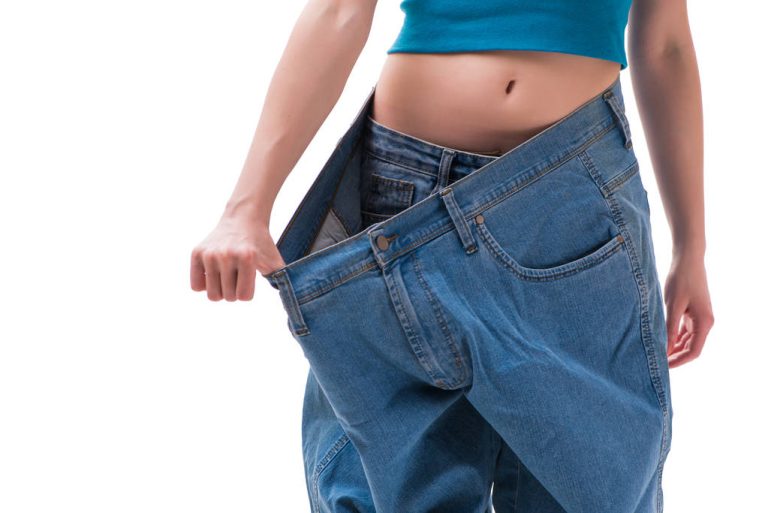When people want to lose weight, many go on a diet. And there are quite a few of them. But do the diets actually live up to their promises? Do we actually get slim with the help of a diet?

What does a diet actually do to the body?
When dieting, food intake is drastically restricted. This has consequences: How does our body react due to evolution? Unfazed by the currently popular ideal of beauty, he interprets a falling calorie intake as an emergency: red alert. He initiates three emergency measures. First: He throttles his metabolism. Energy consumption is on the back burner. Secondly: From now on, even the smallest food intake is exhausted to the last, so as not to waste any of the calories that have become scarce. Third: The desire to eat increases. Sure: We should kindly take care of compensating for the loss. One reason diet junkies are all about food.
Consequence: yo-yo effect
So that we don’t misunderstand each other. With a one-sided diet, you always lose weight. But the main goal of my participants in the “Moves” course is different: lose weight and then hold it, hold it, hold it. Why can’t the body stabilize the new weight on a long-term diet? Quite simply: losing weight is undesirable by nature. Our body can get by with less energy over a longer period of time and thus lose a significant amount of weight. But this loss is usually at the expense of fat-burning muscle mass. The rest is water and a little bit of fat. The body tries to quickly replenish the lost energy after the diet and maintains its optimized utilization strategy for food long after the prescribed lean diet – with wise foresight so that there are sufficient reserves in the stomach, legs and hips in the event of the next drastic famine. The internal regulation is also set in such a way that at least the starting weight is reached again. This model has the beautiful name “Jo-Jo-Effect” and means “diet makes you fat”.
boost metabolism
“Eat regularly throughout the day, and if you can manage it, eat the right thing.” At the latest with this tip, most people who want to lose weight rebel. You’re struggling with a lean diet and now you have to hear that your metabolism would be really happy if it got a little more. Especially people who tend to be overweight often do not eat as much as they are told. On the contrary: they often eat less for days than would correspond to their energy requirements. The strategy: Small or big sins at the weekend or at celebrations should be compensated for by meager menus. But are these “sins” really compensated by eating less? Obviously not, otherwise most of the population would be slim.

store fat? Not necessary!
Incidentally, a “naturally slim person” with an increased metabolism often tends to such a meal frequency fully automatically. Over time, the body learns that with regular intake, excess calories can simply be excreted and do not have to be stored in the fat cells. Four to five smaller meals every three hours show the organism that it is regularly receiving energy in the form of food. So there’s no compelling reason to stock up on fat. Eating five meals a day is one of the biggest metabolic boosters in body reshaping. However, regular strength training is required. If the exercise and sport part is rather low, a three-time meal intake is recommended.

